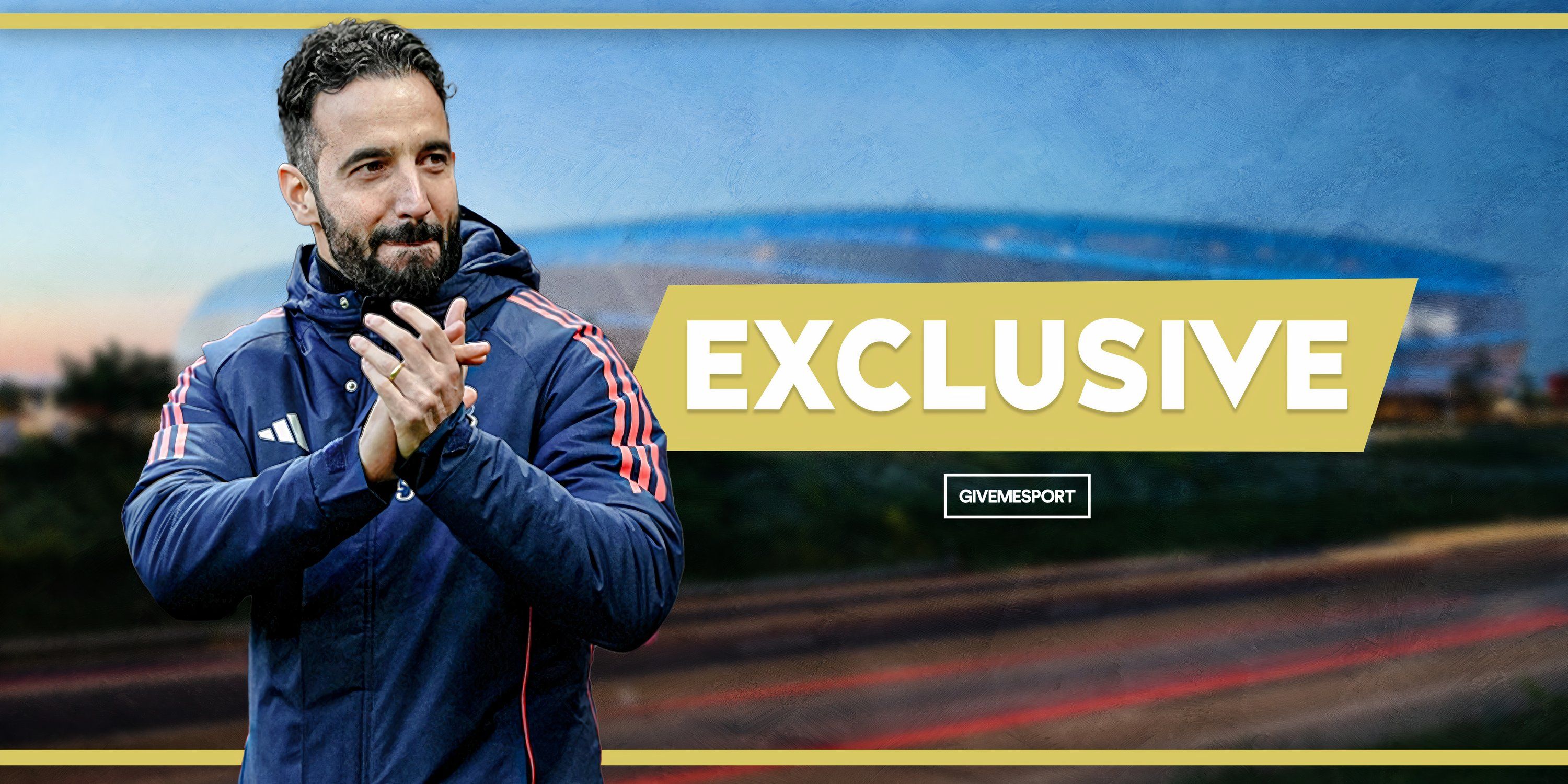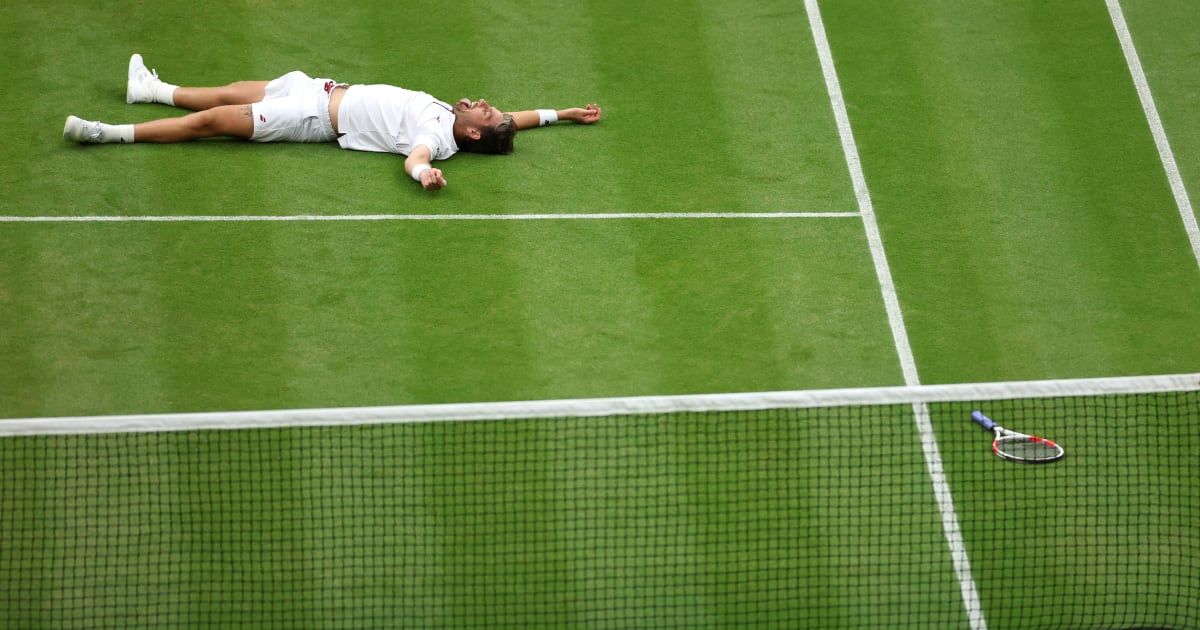Roy Keane’s life has had many twists and turns, but his love for Cork never wavered

About a year ago the Stick to Football podcast decided that each member of the team should be the subject of a long interview about their life and career. When it came to Roy Keane’s turn, Ian Wright opened the conversation with a question that he thought was a soft ball.“So, Roy, Dublin, when you land back to Dublin, I know you …,” said Wright, before Keane jumped down his throat, studs first.“To Dublin! What’s in Dublin?” said Keane, taking a tone of high dudgeon.“To Cork,” his voice drifting towards a native shriek. “I’m from Cork.”Jamie Carragher picked up the thread with another question that started in the wrong place but hurriedly moved on. He wondered if Keane was badgered more by the public in Dublin than he would be at home.“No, no, no,” he said. “In Cork, I’d have the most people coming up to me. They know me really well and there are no boundaries. Cork would be the hardest place for me to duck and dive.”Throughout his life in the public eye he has never exhibited any desire to land in Cork and skulk from public view, like a diva. In recent years sightings of Keane have been commonplace, captured on the spot by the Boswells of the digital age.Keane was in Turners Cross to watch Cork City a couple of weeks ago and the image flew around social media quicker than his tongue-lashings from the telly. When he turns up in Páirc Uí Chaoimh for a Cork GAA match, it is never a secret either. Keane has given up going incognito in a baseball cap.It is interesting, though, how this relationship with home has evolved over time. On Monday night, in a giant big top near the marina in Cork, Keane begins a run of three sold-out evenings of conversation with Roddy Doyle, the celebrated novelist and ghostwriter of Keane’s second autobiography.Roy Keane at a Cork v Dublin game in Croke Park in 2022. Photograph: Evan Treacy/InphoIn showbiz fashion, one night was put to the market, last November, and in the rush for tickets two more dates were added within days. At that time of the year, you can imagine Santa Claus’ eyes lighting up. Three sold out nights amounts to about 24,000 punters.Onstage conversations with interesting people, in front of a live audience, are a satellite of the podcast universe, where Keane is now a star. Against every prediction, including Keane’s, he has made a career in the media. In the book he wrote with Doyle, there is a chapter on Keane’s nascent career in TV, as it was at the time, more than a decade ago. The overriding tone of the chapter was that it wasn’t for him.“The problem for me was that the TV work felt like a failure. Because I had failed at management at Ipswich,” he wrote on page 261. Two pages later he writes about pulling out of ITV’s coverage of the 2014 World Cup. “I know that punditry is a huge part of the football life, but I didn’t want to do it any more,” he wrote. “I just felt it was sucking my spirit.”As his prospects in management continued to lose altitude, though, punditry became his fall back. He developed a sharp line in unpretentious analysis and curmudgeonly put-downs. And, in middle age, he cultivated a way of talking about himself that was attractive. He told stories against himself. He was self-deprecating and funny.In Cork, like in many other places in Ireland, talking about yourself is a high-wire act. You might get away with it for one sup of a pint, but don’t chance if for a second sup. And yet, for the next three nights, Cork people who have read Keane’s two books, and consumed hundreds of hours of podcast output, have paid €83.55, including booking fees, to listen to Keane talking about himself.Earlier in his life, all of this would have been unimaginable. In the early years of his fame and fortune, when Keane was still a man about town, he socialised in Cork whenever the opportunity arose. That wasn’t always simple.Over time, how Keane was perceived around Cork inched closer to a consensusIn his first autobiography he talks about bits and pieces of begrudgery around the place. Comments spat from the side of someone’s mouth for cheap laughs. Small town stuff, outside a chipper, after hours.On the night of David O’Leary’s testimonial match against Hungary, in May 1993, he flew from Dublin to Cork for a night out and was refused entry to a nightclub on Hanover Street by a power-drunk bouncer. Dave Hannigan, who was standing in the queue, wrote about the incident years later.“Everybody in Cork would come to have their own Keane story about an incident inside or outside a nightclub or a pub,” wrote Hannigan. “Some of them would even be true. On this particular night there was no gauche attempt [by Keane] to flaunt his new position. He just stood there for a moment, maybe hoping for a change of mind from the man in black with the earpiece, and then walked away.”There was one unsavoury incident where a woman, who grew up on the same Mayfield estate as Keane, claimed that she had been slandered by him on a night out and looked for £15,000 in damages. The court ruled in Keane’s favour and, four years later, she withdrew her appeal.All that stuff is long ago now. Over time, how he was perceived around Cork inched closer to a consensus, or as close as you can conceive to a consensus about somebody whose life and times bristled with divineness.The stories that you would hear around the place now are about acts of generosity to charities or sports clubs – private donations that wouldn’t be declared or acknowledged. Word would just get out.[ Roy Keane is a cranky middle-aged man selling things cranky middle-aged men like to cranky middle-aged menOpens in new window ]A couple of months ago, the family of an ailing man attempted to make contact with Keane through a local radio station, hoping that he would record a personal message for their father. Instead, Keane arrived into the Mercy Hospital and visited the man in person. That wasn’t an isolated act of kindness.Keane will be embraced by Cork this evening, and for the next two nights. He mightn’t say it, and he mightn’t show it, but he’ll get a kick out of that.









